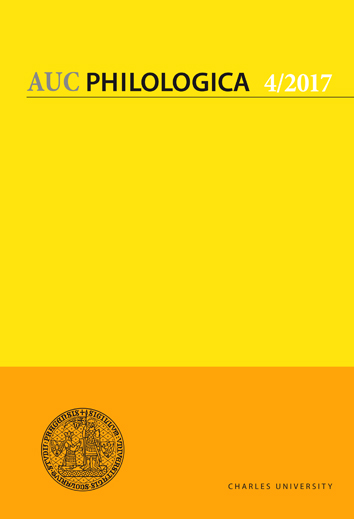Parable as a Tool of Philosophical Persuasion: Yùyán 寓言 in the Zhuangzi in the Context of Late Warring States Period Chinese Literature
Parable as a Tool of Philosophical Persuasion: Yùyán 寓言 in the Zhuangzi in the Context of Late Warring States Period Chinese Literature
Author(s): Marcin JacobySubject(s): Language and Literature Studies
Published by: Univerzita Karlova v Praze, Nakladatelství Karolinum
Keywords: Zhuangzi; yuyan; parable; fable; persuasion; pre-Qin literature; Warring States Period literature
Summary/Abstract: Yùyán is an important part of the legacy of pre-Qin Chinese literature, and is widely used in persuasive texts of the late Warring States Period. These narratives closely resemble Western parables, especially of the New Testament tradition. The author discusses in detail the history and uses of the term yùyán, and its definitions and interpretations in modern Chinese research, concluding that ‘parable’ seems the closest English-language equivalent of yùyán. The famous philosophical work Zhuāngzǐ is central in this discussion. The author discusses the persuasive function of the parables in Zhuāngzǐ, and points to several distinct features of these narratives compared to other works of the period. These include wide occurrence of purely imaginative texts in a quasi-mythological setting, structural complexity, and the intriguing ‘self-portrait’ of the legendary Zhuāng Zhōu. As such, parables in Zhuāngzǐ should be treated as a distinct group within the wider parable tradition of China, retaining the original name of yùyán.
Journal: Acta Universitatis Carolinae Philologica
- Issue Year: 2017
- Issue No: 4
- Page Range: 85-96
- Page Count: 12
- Language: English

